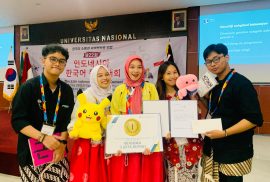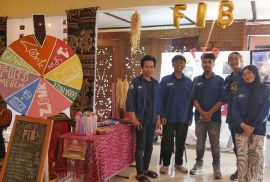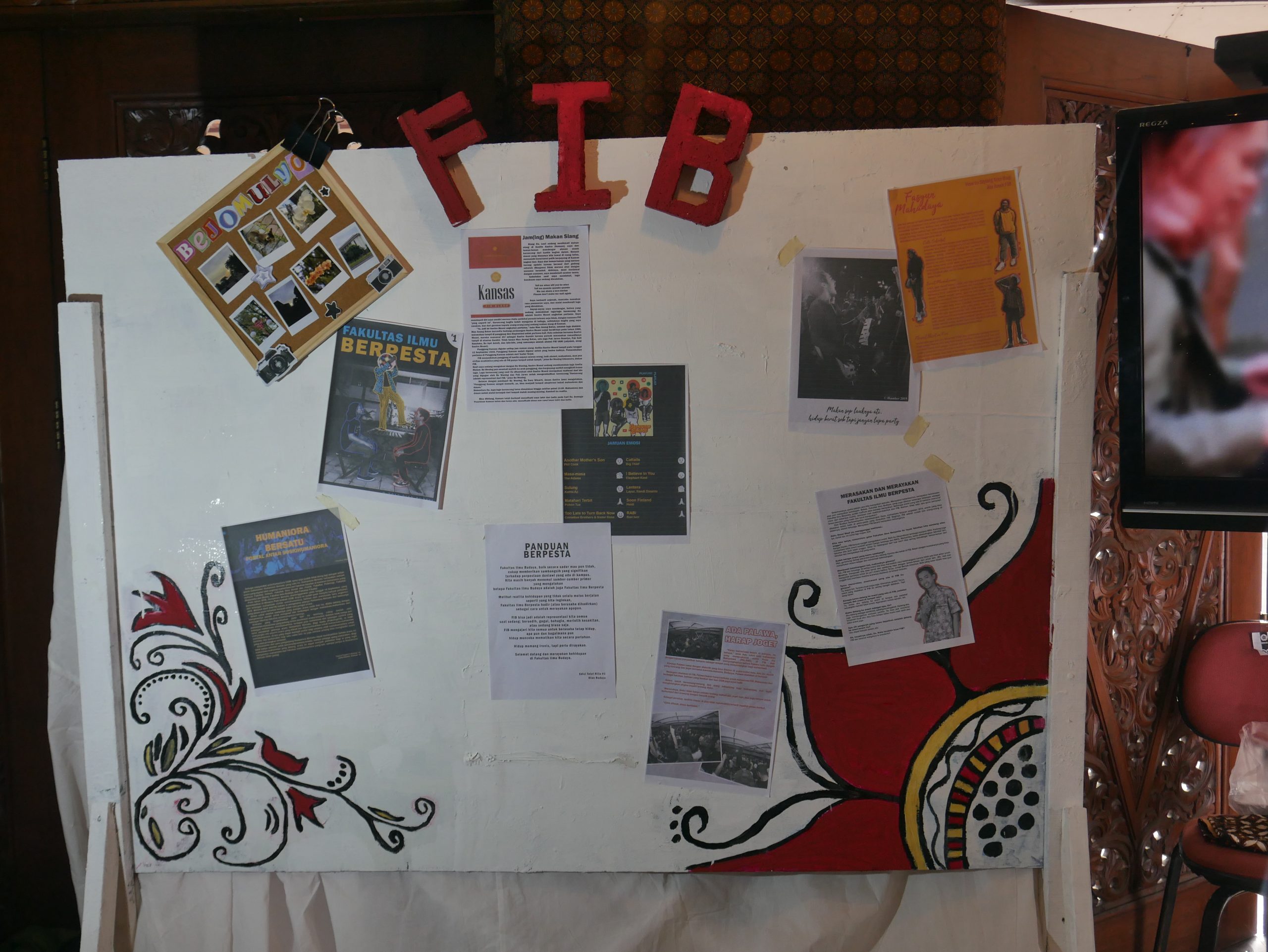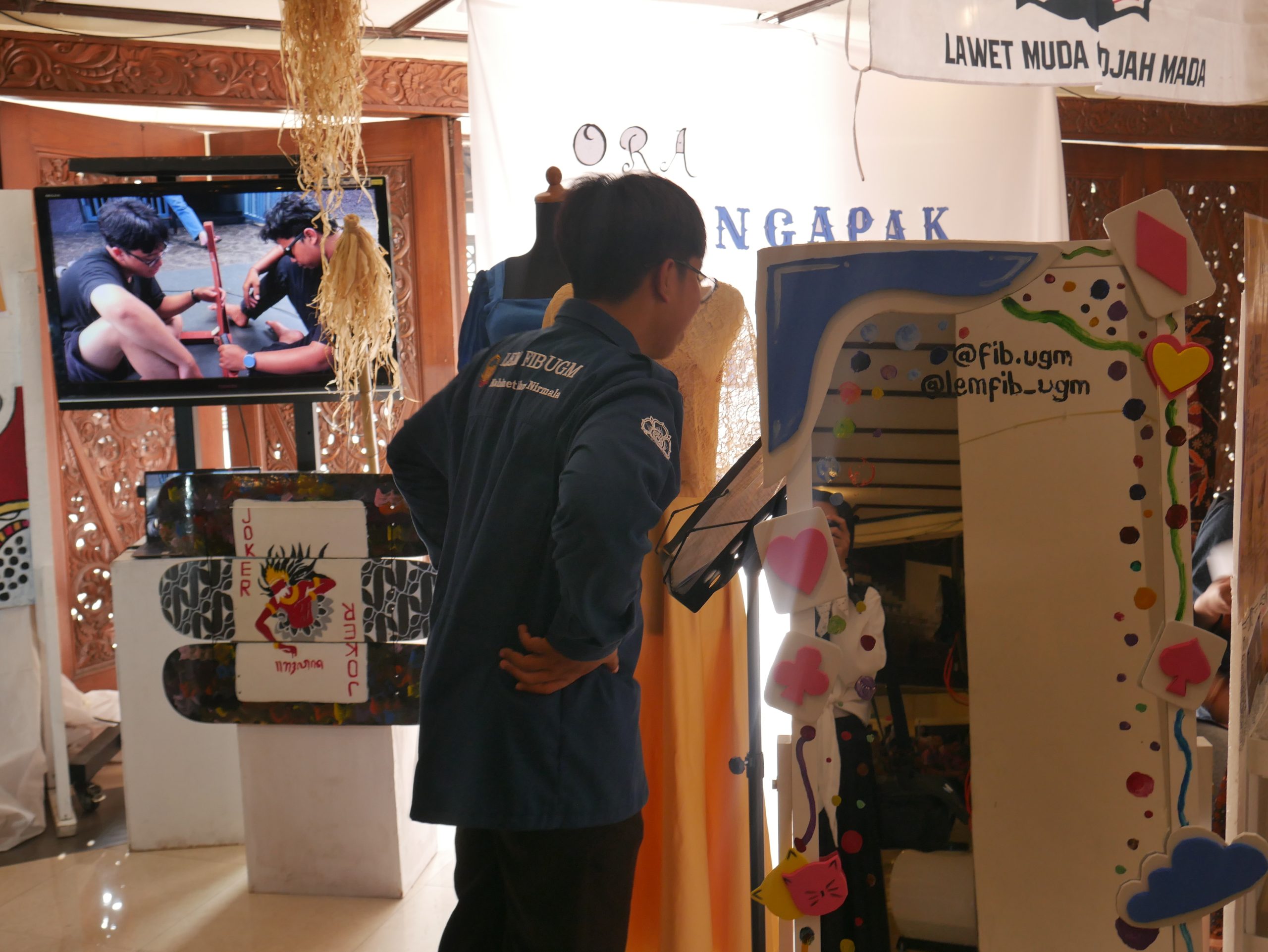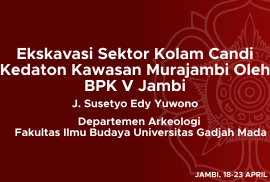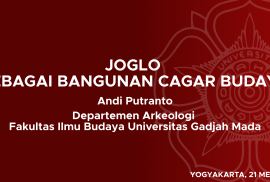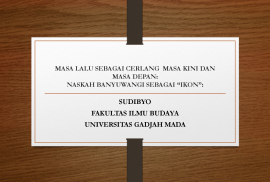Jakarta, June 8, 2024 – The Korean Language and Culture Program at UGM sent five of its students to participate in the final round of the 22nd K-Speech Oratory Contest Indonesia, organized by the Indonesia Korea Speech Eloquence Association and held at the National University (UNAS). The five students were Ida Ayu Nastiti, Anggita Lintang Herdiwan, Nasywa Athallah Putri, Firmansyah Haryo Yudhoyono, and Naufal Java Fakhriansyah.
The event began with a performance by UNAS students and was followed by Big Group Oratory Speeches from each university, including UGM, which successfully submitted its Big Group Oratory Speech via video. The event continued with the introduction of the judges and remarks from relevant parties. After these segments, 27 individual category participants performed in the order determined by the organizers, followed by performances from 7 team category participants. While awaiting the judges’ evaluations, the event included a door prize distribution session and an overall evaluation of the participants’ performances. The event concluded with the awarding ceremony and a group photo session.
Students from the Korean Language and Culture Program achieved several awards in this competition. Anggita Lintang Herdiwan won First Place in the individual category, while Nasywa Athallah Putri, Firmansyah Haryo Yudhoyono, and Naufal Java Fakhriansyah won Third Place in the team category.
This competition provides a platform for students to showcase their potential, particularly their ability to speak Korean in public. This skill is one of the potentials that the Korean Language and Culture Program at UGM aims for each of its students to develop. Certainly, this achievement is due to the students’ courage and the support provided by all the program’s lecturers.

